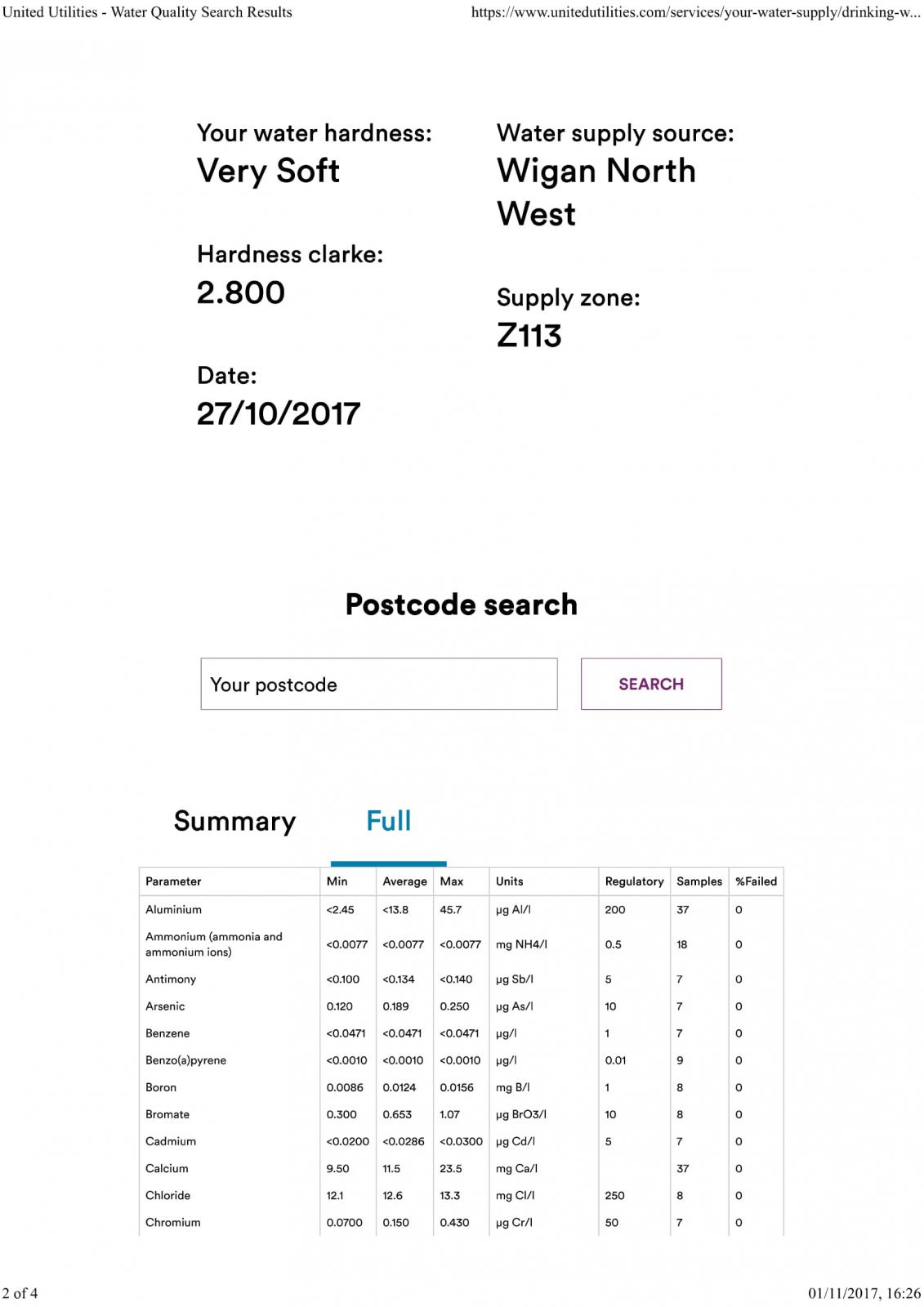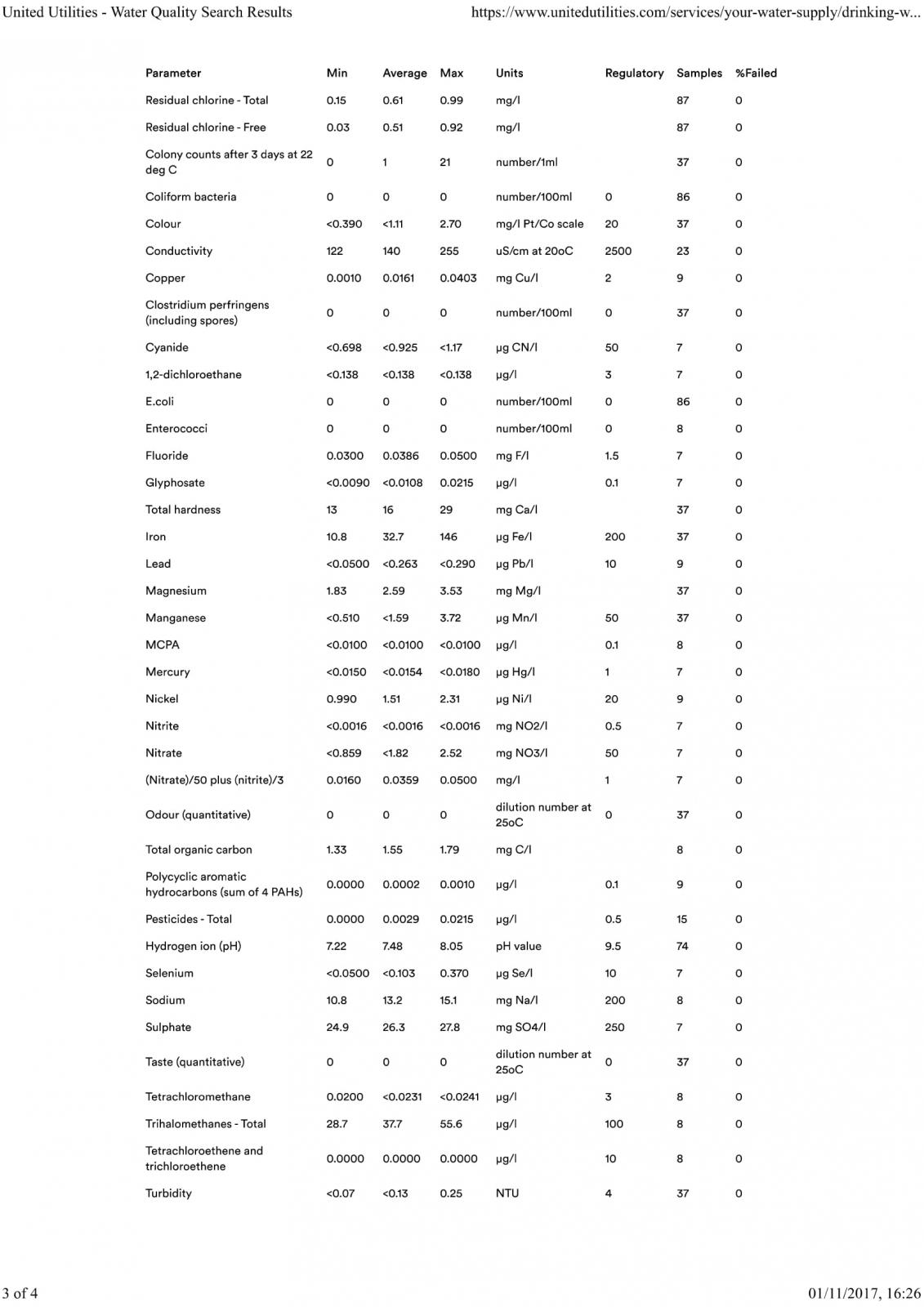Good call on not using your municipal hose water!
Distilled water should be chlorine/chloramine free, but I do remember someone getting persistent bandaid off flavors. Well and behold, it was chlorinated, possibly for longer shelf life. You can always try to smell and taste it, especially when opening the container, or for all security, add a pinch of K-meta, it won't harm anything, and will remove 100% if there's any in there.
RO water from one of those machines in a Walmart or local supermarket may be cheaper (~$0.39 a gallon), bring your own jugs. Unless the system is broken or needs service (check the last service date), it should be chlorine free. A TDS meter will tell you how pure it is.
Add some of your mineral additions (and acid) to the mash water, but you can simply sparge with RO/distilled water, without adding any minerals or acid. If you need more minerals (for HT you do) add the balance to the boil kettle, while lautering. Gypsum dissolves better in cooler water.

















































![Craft A Brew - Safale S-04 Dry Yeast - Fermentis - English Ale Dry Yeast - For English and American Ales and Hard Apple Ciders - Ingredients for Home Brewing - Beer Making Supplies - [1 Pack]](https://m.media-amazon.com/images/I/41fVGNh6JfL._SL500_.jpg)









